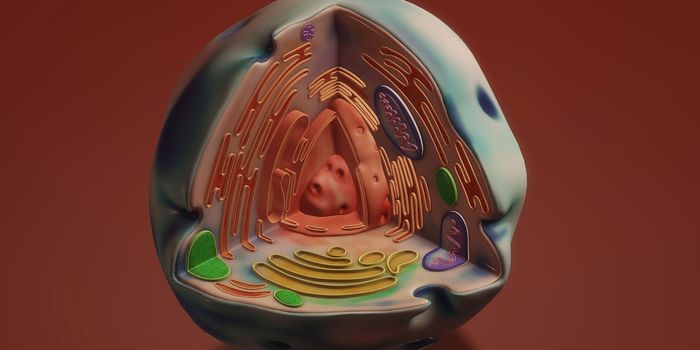Sanobiotec Produces Reliable THCV

With state-approved production and supply of cannabis-derived pharmaceutical products increasing both in the US and around the world, there are signs that synthetic cannabinoids will have advantages for the pharma industry over cannabinoids extracted from marijuana.
Tetrahydrocannabivarin (THCV) is a structural analogue of THC, the primary psychoactive component of cannabis, but unlike THC it is only psychoactive at high doses and produces a more motivated, mentally alert feeling of euphoria.
The human endocannabinoid system includes two primary receptors—cannabinoid receptors 1 and 2 (CB1 and CB2). While THC functions by activating both, THCV functions are more nuanced.
“At low doses, THCV competes and displaces other molecules to inhibit CB1 and CB2, but at higher doses, the compound works to activate CB1. It is this unique mechanism that sets it apart in the cannabinoid repertoire,” Rytis V. Urbonas, CEO at Sanobiotec said.
Furthermore, “the compound … can differentially bind to GPR55 and TRPV1, [two more more minor cannabinoid receptors] as an antagonist or agonist depending on concentration, thus triggering complex metabolic pathways that are characteristically different from cannabinoid receptors, suggesting potential therapeutic effects that are not usually attributed to cannabinoids,” reports Urbonas.
THCV has demonstrated efficacy in pre-clinical studies as an anti-inflammatory, anti-psychotic and neuro-protectant. The compound was also successful in lowering plasma glucose and improving pancreatic cell function in a study of 62 subjects.
Moreover, THCV demonstrated high tolerance and safety in a randomized placebo-controlled trial.
Meanwhile the CDC warns that street versions of synthetic cannabinoids can be toxic and says that the Illinois Department of Public Health (IDPH) has received reports of multiple cases of sickness in people who have used contaminated synthetic cannabinoids. Symptoms can include bleeding, rapid heart rate, vomiting, agitation, confusion, and hallucinations.
Sources: Marijuana Business Daily, Nutraceutical Business Review









